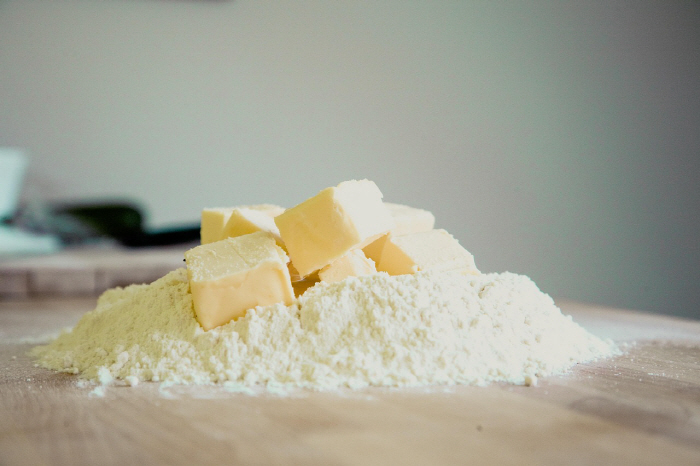What are 5 foods you should avoid after 5pm if you have constipation?
|
The prevalence of constipation in Korea is about 16 to 17%, and in the case of the elderly (65 years or older), it is 30 to 40%. The number of patients is steadily increasing with aging, with women outnumbering men.
While 'night eating' is generally pointed out as one of the main causes of constipation, the U.S. health media Eating Well introduced the '5 foods to avoid after 5 p.m. as it can worsen constipation through expert advice.
First of all, we should refrain from 'high-fat foods'. Before going to bed, you should avoid high-fat foods such as processed snacks, nut butter, and cheese because these foods can slow down the speed of intestinal exercise and digestion, worsening constipation.
The second is 'Alcohol'. Alcohol acts as a diuretic by lowering the level of vasopressin, a hormone that helps the kidneys stay hydrated. Frequent urination can lead to mild dehydration, which can make the stool harder and drier, making it more difficult to defecate. In addition, drinking can cause poor sleep quality or insufficient rest, which can slow bowel movement, making morning defecation more difficult.
The third is refined grain. This is because refined grains such as bread, pasta, rice, and desserts remove a significant amount of fiber during the processing process. Highly processed foods with low fiber can slow digestion and cause constipation.
The fourth is a protein-enhanced snack. High-protein snacks such as protein bars, cookies, and pretzels often contain isolated proteins and sugar alternatives that can cause uncomfortable abdominal bloating and gas in people with slow digestion. Although these foods are convenient for increasing protein intake, they can increase the likelihood of constipation.
The fifth is dairy products. Protein and fat in dairy products such as yogurt, milk, and cheese can slow digestion and help keep you full longer, but it may also worsen constipation in people who are lactose sensitive or have weak digestion.
This article was translated by Naver AI translator.




